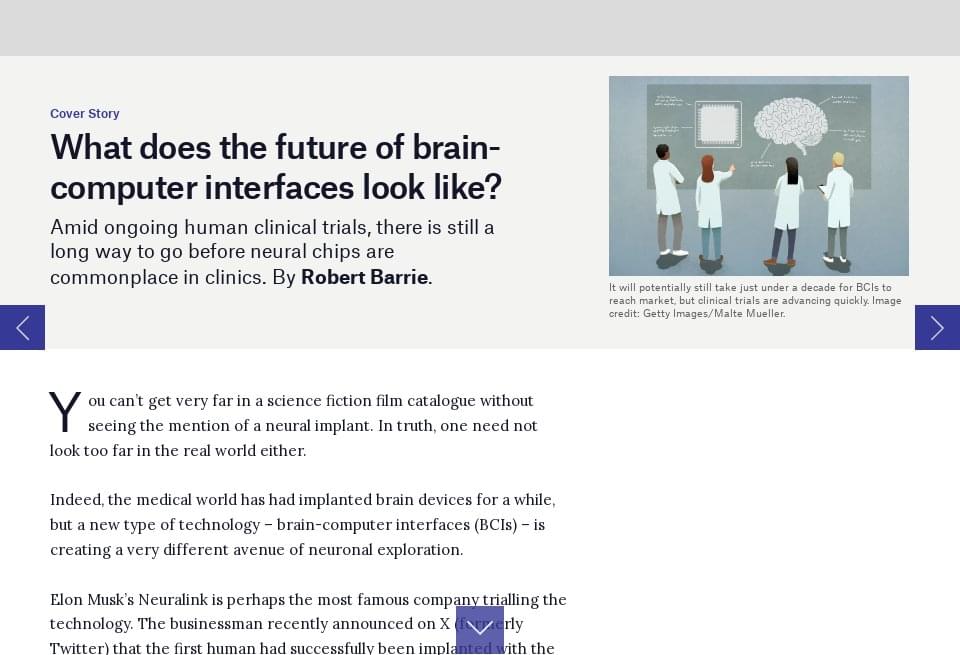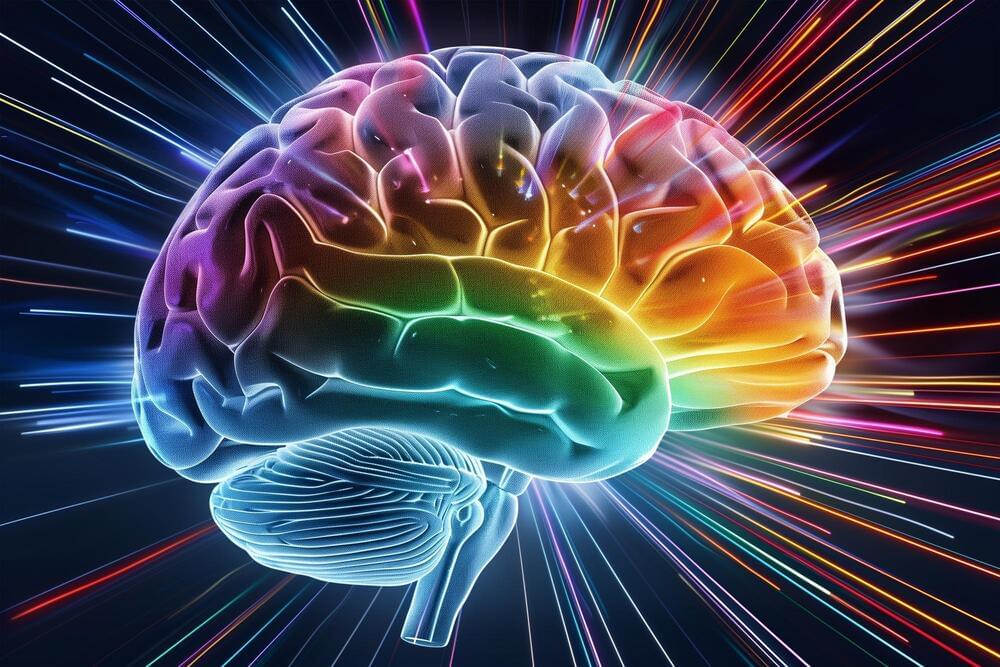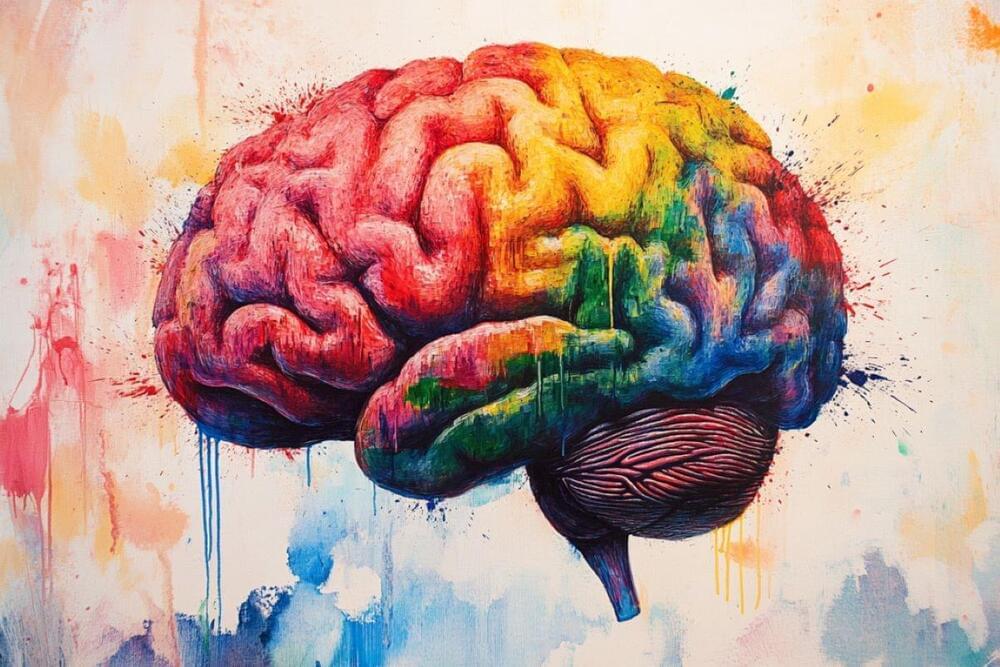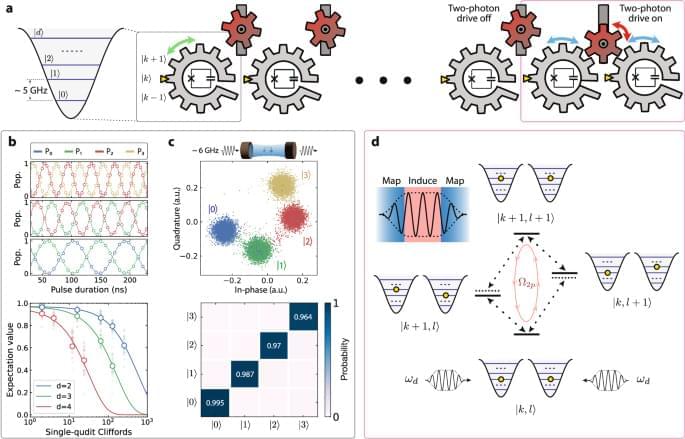Opening RemarksAugust 19, 2024
Get the latest international news and world events from around the world.


Stanford Reverses Cognitive Decline in Alzheimer’s With Brain Metabolism Drug
Neuroscientists at Stanford have linked Alzheimer’s disease to the disruption of brain metabolism via the kynurenine pathway, which is affected by amyloid plaque and tau proteins.
Their research has demonstrated that drugs blocking this pathway can restore cognitive function in Alzheimer’s mice by improving brain metabolism. This discovery not only bridges the gap between neuroscience and oncology but also provides a fast track to repurposing existing drugs for Alzheimer’s treatment.
Alzheimer’s disease and brain energy metabolism.


Towards a Complexity Theory for Fully Quantum Problems — Henry Yuen
Enjoy the videos and music you love, upload original content, and share it all with friends, family, and the world on YouTube.

Brain Overgrowth Linked to Autism Symptom Severity
Summary: Researchers have identified a link between brain overgrowth and the severity of social and communication symptoms in children with autism spectrum disorder (ASD).
By analyzing MRI scans and conducting experiments with brain organoids, the study found that children with the most severe ASD symptoms had significantly larger brains. This enlargement is associated with altered activity of the enzyme Ndel1, which plays a crucial role in neuron development.
The findings open new avenues for understanding ASD and its varying symptom severity.



Empowering a qudit-based quantum processor by traversing the dual bosonic ladder
The full-fledged development of qudits in superconducting circuits is hindered by limited interaction toolkit and stringent requirements on frequencies and anharmonicities. Here, the authors propose and demonstrate an alternative scheme to perform multi-qudit gates in transmon-based devices, which is based on Raman-assisted two-photon interactions.